Solving Learning
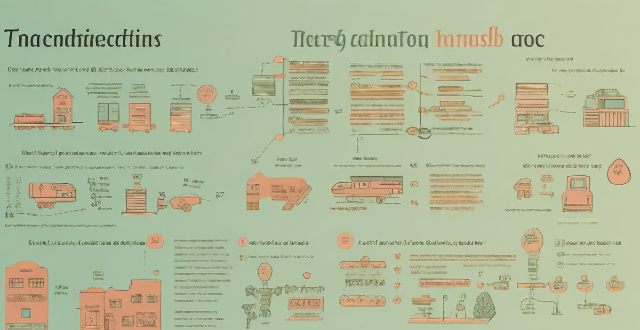
How do project-based learning and problem-solving activities fit into innovative teaching methodologies ?
Innovative teaching methodologies emphasize project-based learning (PBL) and problem-solving activities to engage students, foster critical thinking, and develop practical skills. PBL involves students in complex, meaningful projects that connect classroom learning with real-world scenarios, promoting deeper understanding, skill development, and motivation. Problem-solving activities challenge students to identify issues and find effective solutions, enhancing their critical thinking, decision-making, and resilience. Integrating PBL and problem-solving into innovative teaching involves identifying key concepts, designing relevant projects, incorporating problem-solving elements, providing resources, facilitating collaboration, scaffolding instruction, reflecting and evaluating, and assessing holistic performance. This approach creates a dynamic learning environment that prepares students for future challenges and fosters a love of lifelong learning.

How can I develop better number sense and estimation skills for problem-solving ?
Number sense is a crucial skill for effective problem-solving, involving an intuitive understanding of numbers and their relationships. It's important for efficiency, flexibility, and confidence in handling numerical tasks. To improve your number sense and estimation skills, practice rounding and estimating, use benchmark numbers, work with different representations, engage in mental math exercises, analyze mistakes, and seek out challenging problems. Consistent practice and real-world applications are key to developing a more intuitive understanding of numbers and enhancing problem-solving abilities.

How can mind mapping improve creativity and problem-solving skills ?
Mind mapping is a tool that enhances creativity and problem-solving skills by providing a visual way to organize information. It stimulates brainstorming, enhances visualization, and promotes collaboration for creative thinking. Mind mapping also aids in problem-solving by identifying core issues, providing clarity and focus, and facilitating decision making.

What are some effective strategies for solving algebra problems ?
In the article, "Effective Strategies for Solving Algebra Problems," the author outlines a five-step process to solve algebra problems effectively. First, read and understand the problem, identify unknowns, and visualize it. Second, plan an approach by selecting a strategy, breaking down complex problems, and estimating answers. Third, execute your plan by writing equations, simplifying them, and solving for variables. Fourth, check your work by substituting back into the original equation, evaluating estimations, and looking for errors. Finally, review and reflect on your steps, strategies used, and practice similar problems to solidify understanding. Following these strategies can increase confidence and success in solving algebra problems.

Does exercise influence executive functions, such as decision-making and problem-solving ?
Exercise has a positive impact on executive functions, including decision-making and problem-solving. Regular physical activity can enhance cognitive functioning, risk assessment, self-control, creative thinking, working memory, and attention, leading to improved performance in these areas. Incorporating exercise into your lifestyle can benefit both your physical and cognitive health.

How do inquiry-based learning techniques contribute to innovative teaching practices ?
Inquiry-based learning (IBL) is an educational approach that engages students in exploring real-world problems and challenges. It encourages critical thinking, problem-solving, and collaborative learning. IBL techniques contribute to innovative teaching practices by promoting student-centered learning, enhancing critical thinking skills, fostering collaborative learning, developing inquiry skills, integrating technology, and promoting autonomy and self-direction. By embracing IBL, educators can create an innovative learning environment that prepares students for future challenges and successes.
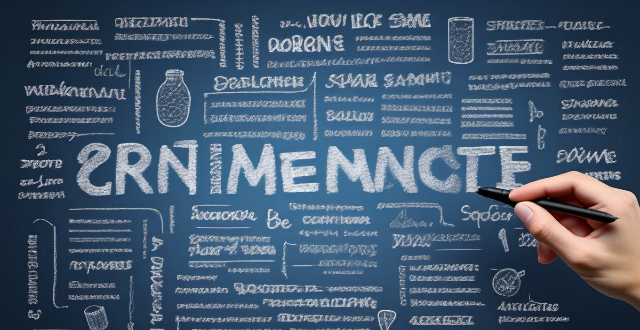
What steps should I follow when solving a word problem in mathematics ?
Solving word problems in mathematics can be challenging, but by following a step-by-step approach, you can simplify the process and increase your chances of finding the correct solution. The first step is to read the problem thoroughly, identifying all relevant information and understanding what is being asked. Next, plan your approach by deciding on a strategy, breaking down the problem into smaller parts if possible, and drawing a diagram to visualize the problem. After that, solve the problem by writing down the equations or expressions you will use, solving them step by step, and checking your work to make sure your answer makes sense and satisfies the original conditions of the problem. Finally, write your answer in a clear and concise manner, explain how you arrived at it if necessary, and check your work again to make sure you didn't make any careless mistakes. By practicing these steps, you should be able to solve most word problems in mathematics.
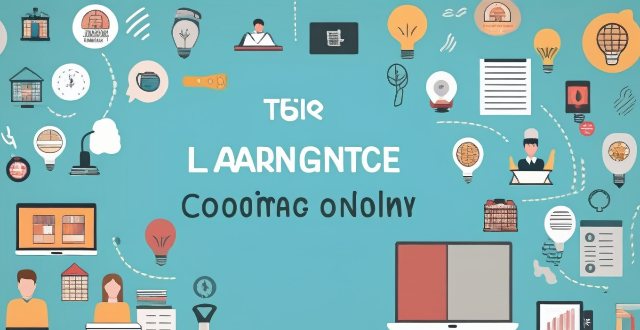
How can lifelong learning contribute to personal growth and development ?
Lifelong learning contributes to personal growth and development by enhancing cognitive abilities, advancing career prospects, providing personal fulfillment, fostering social engagement, promoting adaptability and resilience, and encouraging continuous self-improvement. By engaging in lifelong learning, individuals can maintain mental sharpness, stay relevant in a changing job market, pursue interests and passions, build social connections, become more adaptable to change, and continuously strive for self-improvement.
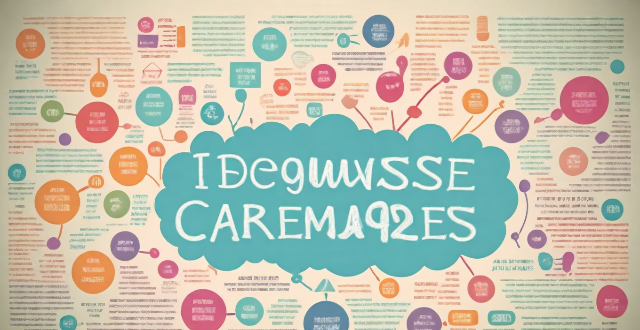
What are the best online resources for learning programming ?
The article discusses various online resources available for learning programming. It categorizes these resources into free tutorials, paid courses, and practice projects. The free tutorials include Codecademy, Coursera, edX, and Khan Academy, which offer interactive exercises, video tutorials, and quizzes to help learners practice their skills. Paid courses are offered by Udemy, Treehouse, Pluralsight, and Lynda/LinkedIn Learning, providing video tutorials, interactive exercises, and assessments. Practice projects can be found on GitHub, HackerRank, LeetCode, and Project Euler, where learners can work on real-world problems and improve their problem-solving skills. Overall, the article provides a comprehensive list of resources for those looking to learn programming online.
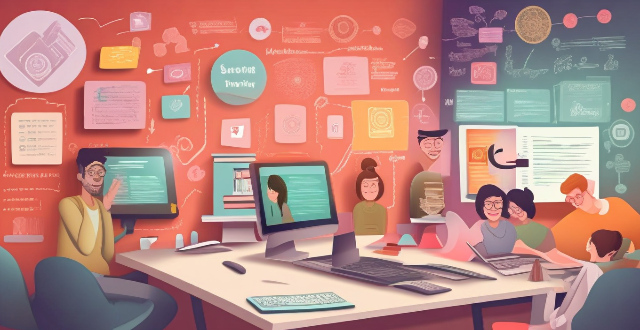
How does personalized learning through adaptive software benefit students ?
Adaptive software in education offers personalized learning experiences, enhancing student engagement, academic performance, and key skill development. It supports inclusive education, prepares students for future challenges, and makes learning more efficient and effective.

How can I improve my problem-solving skills in geometry ?
Improving problem-solving skills in geometry involves understanding fundamentals, practicing regularly, analyzing mistakes, learning multiple solution methods, using visualization techniques, collaborating with peers, applying real-world scenarios, and staying updated with resources. Consistent effort and a proactive approach are key to success.

How does lifelong learning impact career development ?
Lifelong learning is a continuous process of acquiring new knowledge and skills that can significantly impact career development. It enhances skills, adaptability, creativity, personal growth, networking opportunities, and career longevity. By engaging in lifelong learning, individuals can stay relevant in their professions, adapt to changing job requirements, and increase their chances of career success.

How can educational games be designed to effectively enhance learning ?
Designing educational games that effectively enhance learning involves a combination of educational theory, game design principles, and an understanding of the target audience. To create engaging and effective educational games, it is crucial to identify learning objectives, understand the target audience, incorporate educational theory, use engaging game mechanics, incorporate multimedia elements, provide opportunities for practice and repetition, include assessment and feedback mechanisms, foster collaboration and social interaction, and iterate and refine the game. By following these guidelines, you can design educational games that effectively enhance learning by engaging players, providing meaningful experiences, and fostering long-term retention of knowledge and skills.
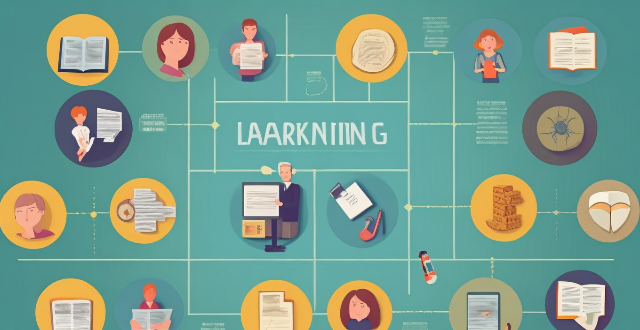
What are the benefits of lifelong learning ?
Lifelong learning, a process of continuous and voluntary learning throughout one's lifespan, offers numerous benefits that positively impact an individual's personal and professional life. These include improved cognitive abilities, increased self-esteem and confidence, personal fulfillment and satisfaction, enhanced career opportunities, higher earning potential, greater professional network, economic growth, social inclusion and cohesion, and environmental sustainability. By embracing the concept of lifelong learning, individuals can lead richer, more fulfilling lives while contributing positively to society as a whole.
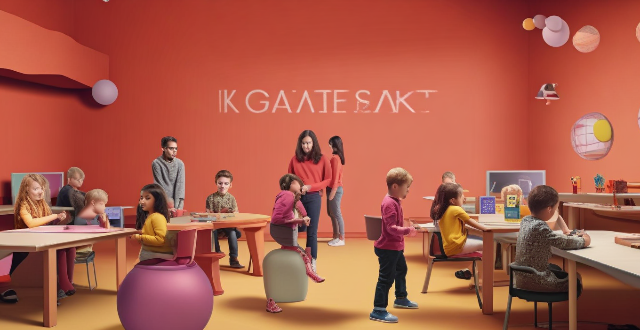
In what ways do gamification and game-based learning foster innovative teaching environments ?
Gamification and game-based learning foster innovative teaching environments by engaging students with challenges and rewards, promoting collaboration and competition, providing immediate feedback and personalization, and enhancing student motivation and engagement. These methods use elements of games to motivate students and enhance their learning experience, making learning more fun, interactive, and enjoyable. By incorporating these approaches, educators can transform traditional classrooms into dynamic spaces where students actively participate in their own learning journey.
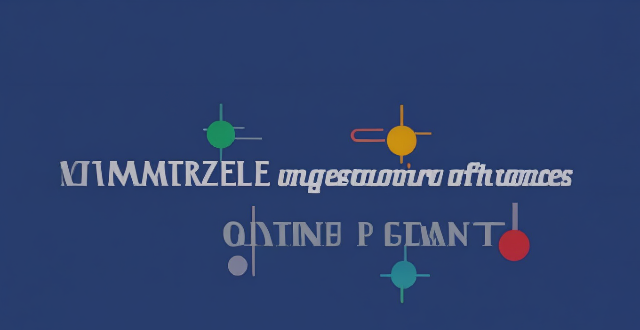
What are some reliable online learning resources for coding and programming ?
The text summarizes reliable online learning resources for coding and programming, including Coursera, edX, Udemy, Codecademy, Khan Academy, Pluralsight, LeetCode, and HackerRank. Each resource provides video lectures, interactive exercises, quizzes, assignments, and assessments to help learners improve their coding and programming skills. Some of the highlights of these resources include collaboration with prestigious universities, free access to most courses, personalized learning plans, and integration with popular development tools.

How does machine learning differ from traditional programming ?
Traditional programming involves writing code for specific, predictableTraditional programming involves writing code for specific, predictable while machine learning focuses on adapt Traditional programs produce deterministic results and require explicit instructions for all scenarios, whereas machine learning models can generalize from examples and make predictions on new data. The development process for traditional programming involves algorithm design, debugging, and testing, while machine learning involves data collection, model training, evaluation, and tuning. Traditional programs may struggle with scalability and flexibility, while machine learning models can handle large datasets and adapt to changing patterns without manual code changes. Human involvement in traditional programming is active and clear, while in machine learning, it is passive and sometimes difficult to understand the decision-making process. The choice between these approaches depends on the problem's nature, data availability, and the need for adaptability and scalability.

Can you discuss the impact of personalized learning on innovative teaching methods ?
Personalized learning, an educational approach that tailors instruction to individual students' needs and preferences, has significantly influenced innovative teaching methods. This approach emphasizes a student-centered learning environment, flexible use of technology and space, and data-driven decision making. As a result, teaching methods have evolved to include differentiated instruction, mastery-based assessments, self-directed learning opportunities, and the integration of technology. These changes aim to create a more engaging, effective, and personalized educational experience for each student, fostering deeper understanding and higher retention rates.
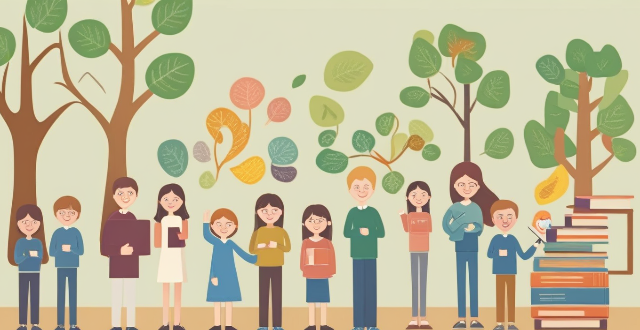
What role does gamification play in improving student motivation and learning outcomes ?
Gamification is a growing trend in education that involves incorporating game-like elements into learning activities. It aims to increase student motivation and engagement, leading to improved learning outcomes. Gamification can enhance student motivation by providing rewards and recognition, immediate feedback, and a fun and engaging experience. It can also improve learning outcomes by enhancing cognitive skills, increasing retention and recall, and promoting collaborative learning. To effectively implement gamification in education, educators should consider clear objectives, adaptive challenge levels, balanced competition and collaboration, regular updates, and integration with other teaching methods.

Can data analytics be used to personalize learning experiences for individual students ?
Data analytics is a powerful tool that can be used to personalize learning experiences for individual students by collecting data related to student performance, preferences and behaviors. This allows educators to tailor instruction to meet the unique needs of each learner. Data analytics can improve student outcomes, provide tailored instructional approaches, and use resources more efficiently. It can also identify student needs, design personalized learning plans and enhance teaching practices. By leveraging the power of data analytics, educators can better understand their students' needs, design effective learning plans, and enhance their teaching practices to promote improved outcomes for all learners.
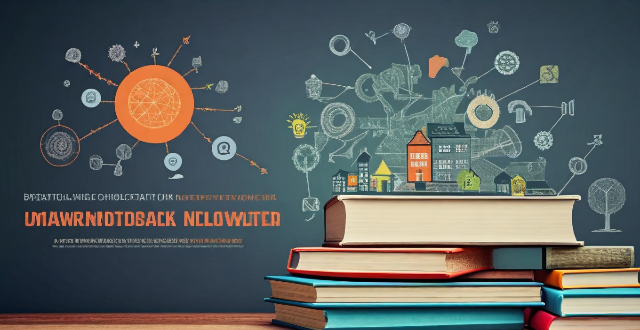
How does a knowledge framework aid in learning and understanding complex topics ?
The text discusses the importance and benefits of using a knowledge framework to aid in learning and understanding complex topics. A knowledge framework is an organized structure that helps to categorize, relate, and prioritize information, serving as a mental model or conceptual map that guides the learning process. The importance of a knowledge framework includes facilitating organization, enhancing comprehension, promoting deeper analysis, and supporting critical thinking. The benefits of using a knowledge framework include simplifying information overload, building stronger associations, enabling better recall and application, improving memory retention, and facilitating application. The text also discusses the application of a knowledge framework in education and training, research and analysis, and professional settings. Overall, the development and utilization of a knowledge framework is crucial for anyone aiming to master challenging subjects and apply that knowledge effectively.
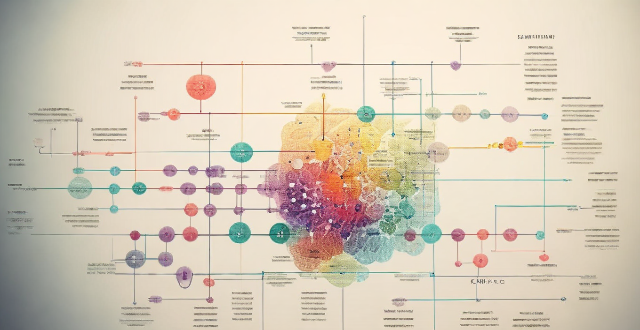
What are some effective strategies for lifelong learning ?
Lifelong learning is crucial for personal growth and adaptability. Effective strategies include setting clear goals, creating a learning plan, leveraging technology, practicing active learning, seeking mentorship, and embracing failure for continuous improvement.

What resources are available to help me practice and master math problem-solving ?
To master math problem-solving, various resources are available, including online platforms like Khan Academy and Mathway, books such as "How to Solve It" by Polya, and video tutorials from YouTube channels like Numberphile. Practice worksheets from websites like Math Drills and IXL Math can also aid in skill development. Regular and consistent use of these resources can enhance one's ability to solve complex math problems and build a strong mathematical foundation.
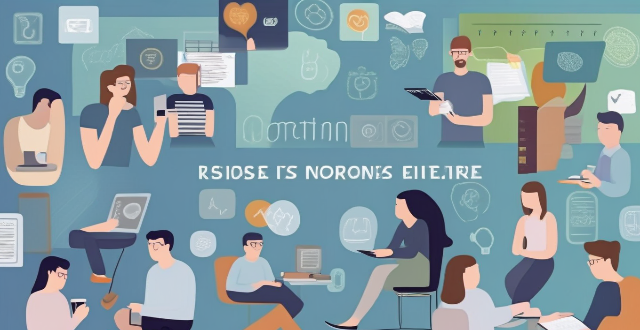
Can you recommend any good online learning resources for language learning ?
Here are some good online learning resources for language learning: Duolingo, Rosetta Stone, Memrise, Babbel, italki, Lingoda, Busuu, Coursera, Edx, and FluentU. These platforms offer courses in various languages and use different approaches to teaching, such as interactive lessons, immersive experiences, flashcards, conversation skills, one-on-one tutoring, and real-world videos.
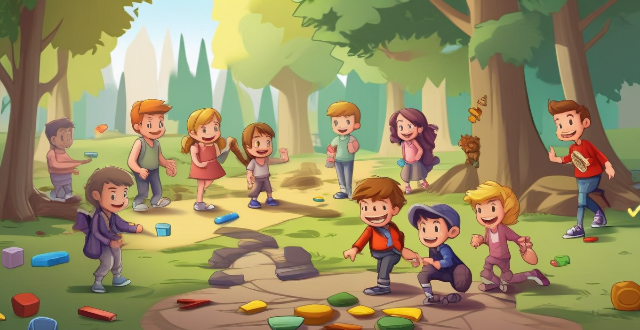
How can educational game developers measure the impact of their games on student learning outcomes ?
Educational game developers can measure the impact of their games on student learning outcomes through various methods, such as pre- and post-testing, surveys and feedback forms, observations and interviews, and comparative studies. These strategies allow developers to see if there has been any improvement in the students' knowledge or skills related to the game's content, gather information from students about their experience with the educational game, provide valuable insights into how well the game is working as an educational tool, and compare the learning outcomes of students who played the educational game with those who did not. By utilizing these methods, developers can gain valuable insights into how well their games are working as educational tools and make necessary adjustments to improve their effectiveness.
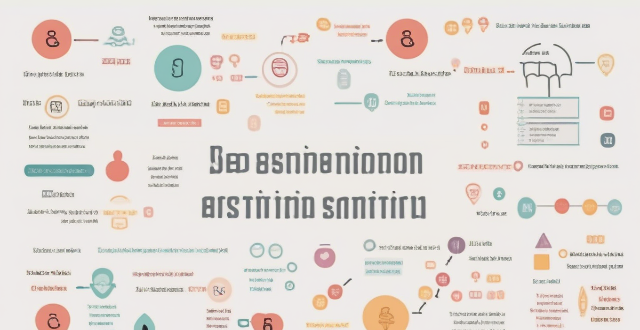
How can I develop a habit of lifelong learning ?
Lifelong learning is crucial for staying relevant and competitive. To develop this habit, set clear goals, create a learning plan, make learning part of your daily routine, embrace challenges, stay curious, connect with others, reflect on your journey, and continuously update your skills.
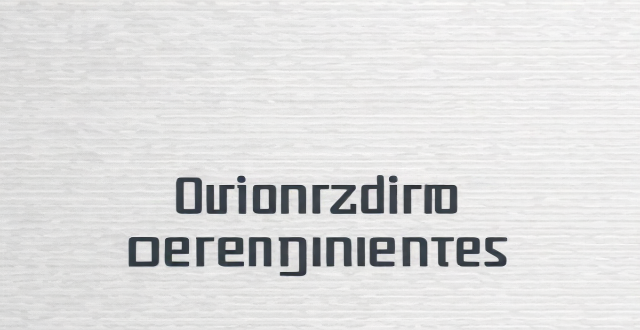
What are the best online learning resources for beginners ?
The text provides a list of online learning resources for beginners, including Khan Academy, Coursera, edX, Udemy, Codecademy, Duolingo, Skillshare, and LinkedIn Learning. Each resource offers courses in various subjects, from computer science to language learning, and many are free or have affordable options available.
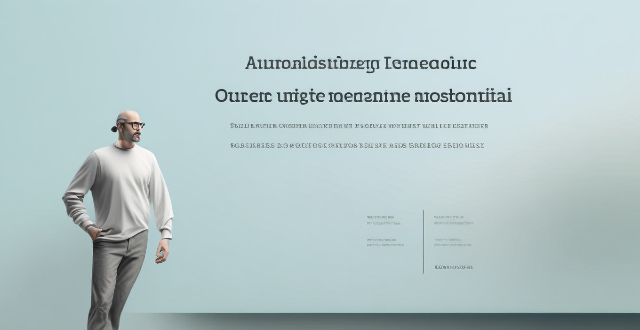
How can employers encourage and support lifelong learning among employees ?
Employers can support lifelong learning by offering resources, encouraging participation in training programs, providing opportunities for career development, and creating a collaborative learning environment.
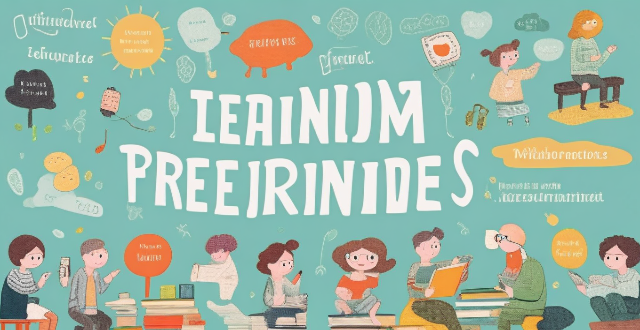
Are there any good online learning resources for language learning ?
Good online learning resources for language learning include Duolingo, Memrise, Rosetta Stone, Babbel, and Busuu. Each platform has its unique features and strengths, such as interactive lessons, memory techniques, immersive experiences, conversational focus, and community support. These resources can help learners achieve fluency in their target language by providing engaging and effective ways to learn vocabulary, grammar, pronunciation, and cultural insights.

How do bootcamps compare to traditional computer science degrees in terms of learning programming ?
Bootcamps and traditional computer science degrees are two popular ways to learn programming. While both have their advantages and disadvantages, they differ in several key aspects: 1. **Learning Duration**: Bootcamps last a few weeks or months, while traditional degrees take four years for a bachelor's degree and up to two additional years for a master's degree. 2. **Curriculum and Coursework**: Bootcamps focus on practical, project-based learning of specific programming languages and tools, while traditional degrees offer a broader range of courses covering various topics such as algorithms, data structures, operating systems, and computer architecture. 3. **Cost and Financial Considerations**: Bootcamps are generally less expensive than traditional degrees, with tuition fees ranging from a few thousand to tens of thousands of dollars, while traditional degrees can be significantly more expensive. 4. **Career Opportunities and Outcomes**: Bootcamps prepare students for entry-level programming jobs quickly, while traditional degrees open up a wider range of career opportunities, including roles in research, academia, and management. The choice between a bootcamp and a traditional degree depends on individual goals, preferences, and circumstances.